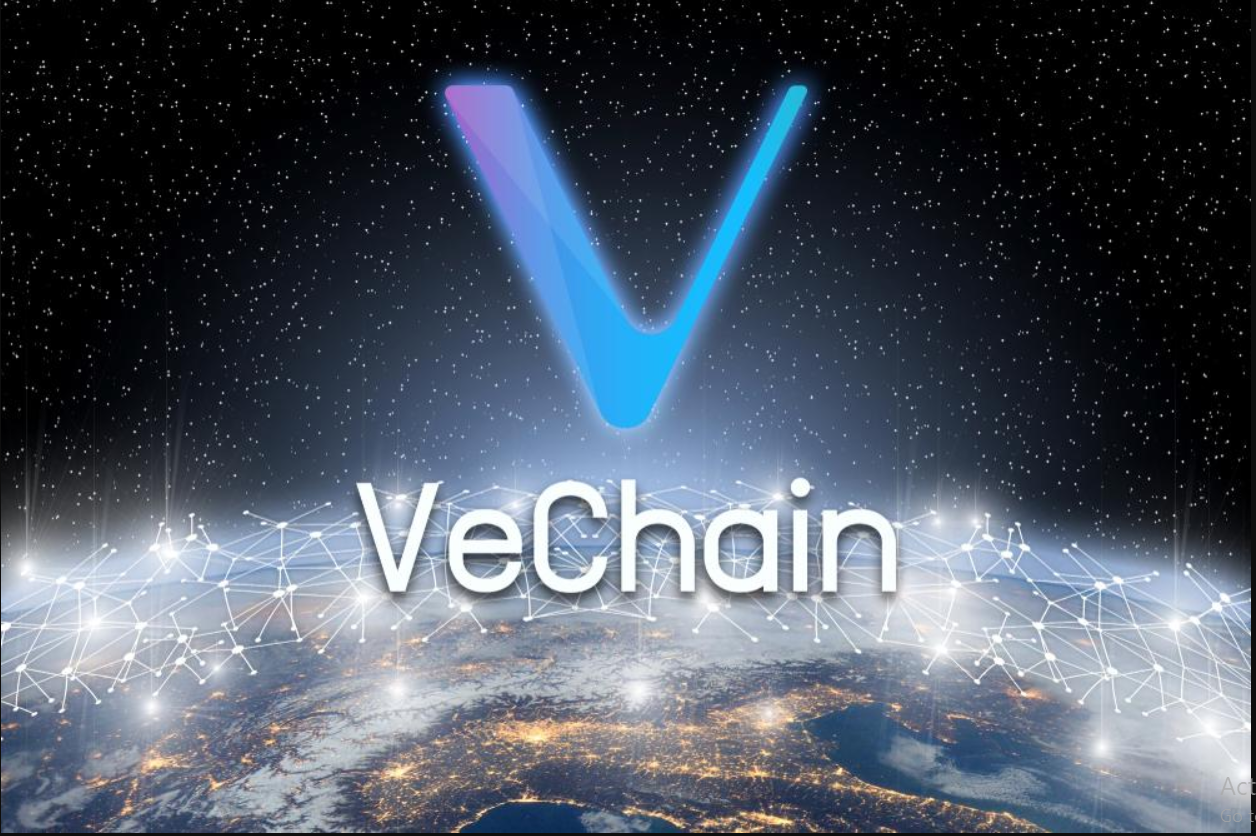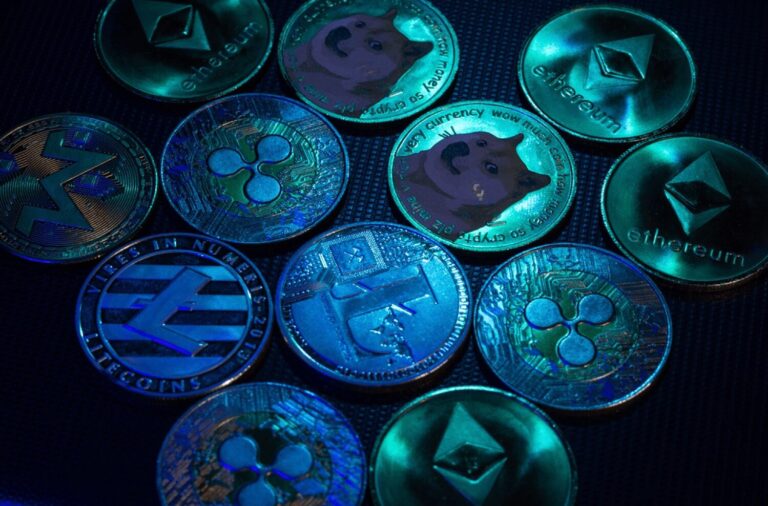
Introduction
Blockchain isn’t just a buzzword anymore — it’s quietly powering the supply chains, quality control systems, and sustainability reporting of some of the world’s most recognized brands. One of the biggest names driving this enterprise adoption is VeChain.
Known for its focus on real-world blockchain applications, VeChain has built partnerships with global giants like Walmart China, BMW, and PwC. But beyond the headlines, how exactly are these companies using VeChain’s technology?
We looked into public reports, company statements, and industry analysis to break down some of VeChain’s most impactful business integrations.
Walmart China – Tracking Food Safety from Farm to Shelf
Challenge: Food safety scandals in China have made consumers and regulators demand better transparency in supply chains. Fresh produce, meat, and seafood are particularly sensitive categories.
Solution: Walmart China partnered with VeChain to build a blockchain-based food traceability platform. The system allows customers to scan QR codes on products and instantly access details such as:
-
Origin of the product
-
Batch numbers and processing methods
-
Transportation details
-
Quality inspection reports
Impact:
-
More than 23 product lines were integrated at launch, with plans to scale further.
-
This initiative helped boost consumer trust and gave Walmart a marketing edge in China’s competitive retail space.
-
The immutable blockchain record reduces disputes and ensures compliance with regulatory standards.
“By using VeChain’s technology, we’ve significantly enhanced transparency in our food supply chains,” a Walmart China executive told local media at the launch.
BMW – Protecting the Automotive Supply Chain
Challenge: Modern cars use thousands of components from multiple suppliers. Counterfeit parts can compromise safety and brand reputation.
Solution: BMW worked with VeChain to create VerifyCar, a digital vehicle maintenance and history application. This blockchain-powered tool records:
-
Vehicle service history
-
Mileage verification
-
Ownership changes
Impact:
-
Helps car buyers verify the authenticity of used vehicles.
-
Protects BMW’s brand by ensuring replacement parts are genuine.
-
Demonstrates how blockchain can integrate seamlessly into existing manufacturing and servicing workflows.
PwC – Blockchain Consulting and Implementation
Challenge: Many businesses see the potential in blockchain but lack the technical expertise to implement it effectively.
Solution: PwC partnered with VeChain to combine its global consulting reach with VeChain’s enterprise-grade blockchain platform. PwC uses VeChain to:
-
Offer blockchain-as-a-service solutions to clients.
-
Help industries like luxury goods, logistics, and energy track products and verify data.
Impact:
-
PwC’s network brings VeChain’s technology to Fortune 500 companies.
-
This partnership enhances VeChain’s credibility in traditional corporate environments.
DNV – Digital Assurance for Sustainability and Compliance
Challenge: Proving sustainability claims and compliance with environmental standards is difficult without trustworthy data.
Solution: DNV, a global assurance and risk management company, adopted VeChain to power its MyStory platform. This system:
-
Lets brands share product origin and environmental impact data directly with consumers.
-
Ensures data authenticity through blockchain verification.
Impact:
-
MyStory is used by wine producers, apparel brands, and food companies.
-
Supports businesses in meeting ESG (Environmental, Social, Governance) reporting standards.
H&M’s COS Brand – Fashion Transparency
Challenge: Ethical sourcing and production transparency have become key demands for fashion consumers.
Solution: The COS brand piloted VeChain’s blockchain to give customers detailed product information, from raw materials to store shelves.
Impact:
-
Builds brand trust in a sustainability-conscious market.
-
Provides a template for how fashion retailers can meet consumer demand for traceability.
Why These Partnerships Matter
Unlike many blockchain projects that remain theoretical or limited to crypto-native applications, VeChain has proven real-world use cases with measurable business impact. Its success lies in:
-
Industry-Specific Focus: Tailored solutions for supply chain, quality control, and compliance.
-
Enterprise-Friendly Design: Low-cost, high-throughput blockchain that integrates with existing systems.
-
Dual Token Model: VET for value transfer and VTHO for transaction fees, keeping costs predictable for businesses.
“Enterprise blockchain adoption is slow because the tech must solve real problems. VeChain is doing exactly that,” says blockchain analyst Michael Tan.
Conclusion
From Walmart China’s food traceability to BMW’s vehicle history verification, VeChain is proving that blockchain can work at scale in the real economy. Its partnerships span industries, geographies, and business sizes, showing versatility and reliability.
As global supply chains grow more complex and consumers demand transparency, VeChain’s enterprise-first approach may make it one of the most quietly influential players in blockchain — not in speculative hype, but in practical, everyday operations.


